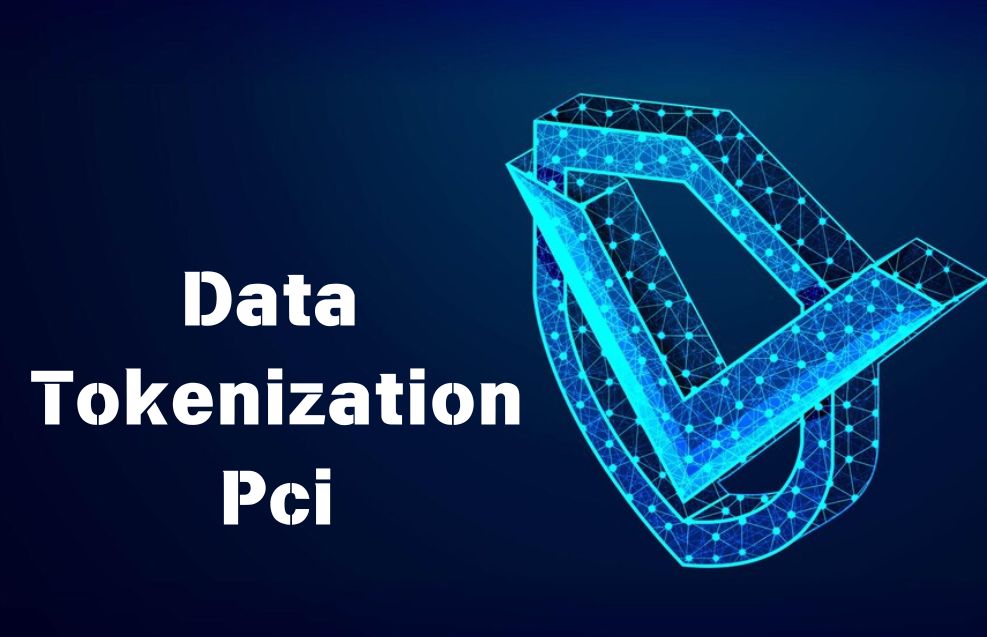In today’s digital world, businesses handling payment card data must comply with the Payment Card Industry Data Security Standard (PCI DSS) to ensure the protection of sensitive customer information. Compliance with PCI DSS is mandatory for businesses processing credit card transactions, and failure to comply can result in hefty fines, reputational damage, and potential legal consequences. One of the most effective methods for securing cardholder data and ensuring compliance is data tokenization.
In this comprehensive guide, we will explore how data tokenization works, its role in PCI DSS compliance, and why businesses should consider implementing tokenization as part of their security strategy.
Understanding Data Tokenization
Data tokenization is a security technique that replaces sensitive data, such as credit card numbers, with a unique identifier known as a token. This token has no exploitable value and cannot be reverse-engineered to obtain the original data without access to a secure tokenization system. The actual cardholder data is stored securely in a token vault, ensuring that unauthorized access does not compromise sensitive information.
Unlike encryption, which transforms data into a cipher that can be decrypted with a key, tokenization replaces data with a token that has no mathematical relationship to the original data. This makes tokenization an effective way to secure information while reducing the regulatory burden associated with storing sensitive data.
How Tokenization Works
- Data Capture: When a customer enters their credit card details on an e-commerce site or swipes a card at a point-of-sale (POS) terminal, the information is captured.
- Token Generation: A tokenization system replaces the actual credit card number with a randomly generated token.
- Storage in a Token Vault: The original payment data is securely stored in a token vault managed by a trusted payment service provider.
- Transaction Processing: When a transaction needs to be completed, the token is sent instead of the actual card details. The tokenization system retrieves the corresponding payment data to finalize the transaction.
By replacing actual payment data with tokens, businesses limit the exposure of sensitive information and improve their security posture.
How Tokenization Supports PCI DSS Compliance
1. Reduces Scope of PCI DSS Compliance
PCI DSS compliance applies to any system that stores, processes, or transmits cardholder data. By replacing credit card details with tokens, businesses can minimize the amount of sensitive data stored in their environment. Since tokens are not considered cardholder data, organizations can significantly reduce the scope of PCI DSS compliance requirements, simplifying audits and lowering compliance costs.
Reducing compliance scope can lead to cost savings, as businesses require fewer security measures, audits, and assessments to meet PCI DSS standards. This is particularly beneficial for small to medium-sized businesses (SMBs) that may lack the resources to implement extensive security controls.
2. Enhances Data Security
Tokenization ensures that even if cybercriminals intercept or breach a business’s database, they only gain access to meaningless tokens instead of actual credit card information. This approach aligns with PCI DSS Requirement 3, which mandates the protection of stored cardholder data through encryption, hashing, or tokenization.
By implementing tokenization, businesses enhance security by preventing unauthorized access to payment data. This method significantly reduces the risk of data breaches and financial fraud, which can have catastrophic consequences for businesses and their customers.
3. Mitigates Risk of Data Breaches
By eliminating stored credit card data from internal systems, businesses significantly reduce the risk of data breaches. Since sensitive cardholder information is not stored in databases or transmitted in plaintext, attackers have less opportunity to steal valuable financial data, protecting both the company and its customers.
Furthermore, tokenization helps organizations comply with PCI DSS Requirement 6, which mandates secure system development and maintenance. By ensuring that sensitive data is not stored in vulnerable locations, businesses can better protect themselves against evolving cybersecurity threats.
4. Supports Secure Payment Transactions
Tokenization can be used in various payment environments, including e-commerce, mobile payments, and point-of-sale (POS) systems. It allows businesses to process transactions securely without exposing sensitive card details, ensuring compliance with PCI DSS Requirement 6 (secure system development and maintenance).
Secure payment transactions help build customer confidence and reduce the likelihood of payment fraud. Tokenization enables businesses to accept payments through multiple channels while maintaining the highest levels of security and compliance.
5. Streamlines Compliance Audits
With tokenization, businesses store fewer sensitive data points, which means auditors have fewer systems to examine. This makes compliance audits more straightforward, reducing both time and costs associated with meeting PCI DSS requirements.
PCI DSS audits can be time-consuming and expensive, especially for organizations handling large volumes of payment transactions. By implementing tokenization, businesses simplify the compliance process, allowing them to allocate resources more effectively.
6. Improves Customer Trust and Compliance Readiness
Customers expect businesses to protect their personal and financial information. Tokenization strengthens security and builds trust by demonstrating a commitment to safeguarding sensitive data. Additionally, businesses that implement tokenization are better prepared for future regulatory changes and evolving PCI DSS requirements.
As data privacy regulations continue to evolve, businesses must stay ahead of compliance requirements. Tokenization provides a future-proof security solution that ensures compliance with existing standards while preparing for upcoming regulations.
Additional Benefits of Data Tokenization
1. Enhanced Fraud Prevention
Tokenization helps businesses mitigate fraud risks by ensuring that stolen tokens cannot be used outside of their intended context. Since tokens do not contain actual payment data, fraudulent transactions become more difficult for cybercriminals to execute.
2. Seamless Integration with Payment Processors
Many payment service providers offer tokenization as part of their security solutions, making it easier for businesses to integrate secure payment processing into their existing infrastructure.
3. Compliance with Other Regulatory Standards
In addition to PCI DSS, tokenization supports compliance with other data privacy regulations, such as GDPR, CCPA, and HIPAA. Businesses handling sensitive consumer data can benefit from tokenization’s ability to enhance security while meeting multiple compliance requirements.
4. Minimized Financial and Legal Liability
By securing payment data through tokenization, businesses reduce their financial and legal liability in the event of a data breach. This can result in lower insurance costs and reduced risk of regulatory penalties.
Conclusion
Data tokenization is an essential strategy for businesses aiming to achieve and maintain PCI DSS compliance while strengthening security and reducing the risk of data breaches. By replacing sensitive payment data with tokens, companies can lower compliance costs, protect customer information, and streamline audit processes. As cyber threats continue to evolve, investing in tokenization is a proactive step toward a more secure and compliant payment environment.
By implementing tokenization solutions, businesses can not only meet PCI DSS requirements but also enhance their overall cybersecurity posture, ensuring long-term success in the digital marketplace. Whether operating in e-commerce, retail, healthcare, or finance, organizations can benefit from the security, cost savings, and customer trust that tokenization provides.
As regulatory requirements and cybersecurity threats continue to evolve, businesses must prioritize data protection strategies like tokenization. Investing in this technology today will help organizations stay ahead of compliance challenges and protect sensitive information for years to come.
Read Also : Unlocking the Power of Data Governance Tools: A Comprehensive Guide

